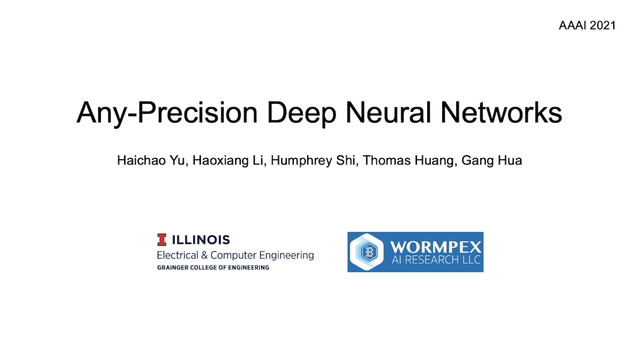Abstract:
Automating algorithm configuration is growing increasingly necessary as algorithms come with more and more tunable parameters. It is common to tune parameters using machine learning, optimizing algorithmic performance (runtime or solution quality, for example) using a training set of problem instances from the specific domain at hand. We investigate a fundamental question about these techniques: how large should the training set be to ensure that a parameter’s average empirical performance over the training set is close to its expected, future performance? We answer this question for algorithm configuration problems that exhibit a widely-applicable structure: the algorithm's performance as a function of its parameters can be approximated by a “simple” function. We show that if this approximation holds under the L∞-norm, we can provide strong sample complexity bounds, but if the approximation holds only under the Lp-norm for p < ∞, it is not possible to provide meaningful sample complexity bounds in the worst case. We empirically evaluate our bounds in the context of integer programming, obtaining sample complexity bounds that are up to 700 times smaller than the previously best-known bounds.









































